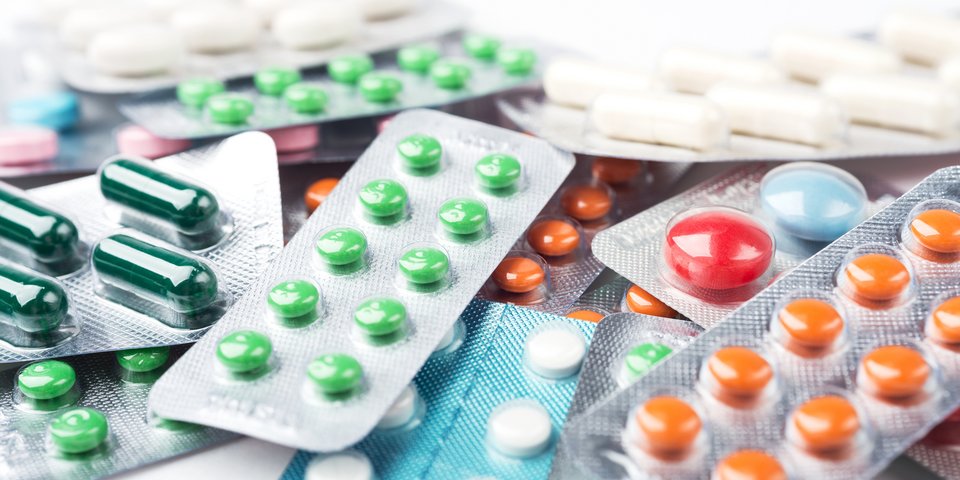 denisismagilov - Fotolia
denisismagilov - FotoliaPutting patient safety first!
Austria provides strong backing for Commissioner-designate Stella Kyriakides and her plans to combat antimicrobial resistance.
UM – 10/2019
This year’s European Health Forum Gastein
came to an end on 3 October with a call to politicians for a strong commitment
to the safety of patients in the European Union (see summary
article). It is estimated that there are 8.8 million cases of
healthcare-associated infections (infections acquired in hospital) in the EU.
Fighting these also means curbing the development of antimicrobial resistance.
This requires collecting and analysing data and improving surveillance of the
infection.
Systematically monitoring the incidence of infection
The message from Austria is that there is
great potential for a patient safety culture from monitoring the occurrence of
infections. The EU’s role is to ensure a European-wide network and that
relevant data is shared. According to Andrea Ammon, physician and Director of
the European Centre for Disease Prevention and Control (ECDC), the next
challenge is to establish a standardised surveillance procedure in over 8,000
European acute care hospitals.
Safety culture is a question of attitude
Neda Milevska of the International Alliance
of Patients’ Organizations (IPA) said that a large proportion of healthcare-associated
infections can be prevented with simple and effective measures, as long as
there is a political commitment to do so. The other side called for a safety
culture that starts with top management of health organisations and flows
through all organisational levels.
Investing in hygiene means preventing infections
This discussion is also taking place in
Germany. Last year, the German Coalition for Patient Safety (APS), an
independent, non-profit association, published a comprehensive white paper (German only) calling for a new
way of thinking about and improving safety in health care. The annual
report of the National Association of Statutory Health Insurance Funds also
provides regular information on the implementation of the hygiene promotion programme
which is providing almost €500 million in funding to increase the number of
hygiene staff in German hospitals.
